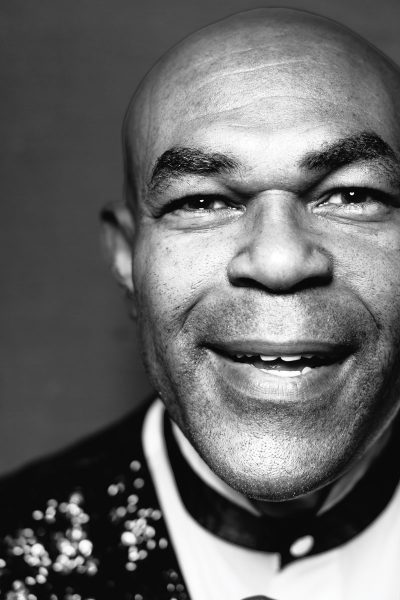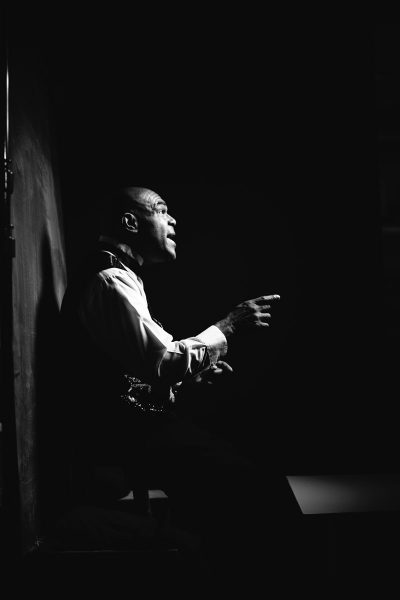Young Derek Ventura could usually be found spellbound in front of the radio. Mesmerized by crooner kings and R&B queens, music so enlivened him that he never really decided what to do with his life, he just always knew.
“Music was always my passion,” says Ventura. “My mom said that from age four I was fixated on the radio—singing along, dancing, banging on pots and pans.”
 Ventura, a self-proclaimed “creature of habit,” took his predilection for music into adulthood, working as a singer, songwriter, musician, and producer. He also dabbled in acting.
Ventura, a self-proclaimed “creature of habit,” took his predilection for music into adulthood, working as a singer, songwriter, musician, and producer. He also dabbled in acting.
“I like to answer to ‘entertainer’,” he says. “You don’t hear that term much anymore—someone who does it all: sings, dances, plays an instrument, emcees.”
That young, music-hungry boy parked in front of the family radio in 1950s NYC never guessed he would tour with the same musical heroes whose recordings he so cherished.
Like a childhood daydream come true, Ventura went on to sing lead tenor with The Drifters (“Under the Boardwalk”) from 1972-1984, and with Frankie Lymon’s Teenagers (“Why Do Fools Fall In Love”) from 1984-1986.
The Drifters’ Rock n’ Roll Hall of Fame profile says the group “could not have chosen a better name, as members drifted in and out of the band from the very beginning.” In fact, due to fierce in-fighting, the iconic ensemble had several splinter groups over the years, each featuring early members.
Ventura slammed into The Drifters featuring Dock Green like a tidal wave. In the span of just two weeks, he was hired by them, amicably left his disco group Touch, and flew off on a European tour.
“Suddenly, I’m sharing stages worldwide with groups whose records I bought,” he says. “Here I am, in the dressing room with The Temptations, Little Anthony & the Imperials, The Shirelles. That’s engraved on my brain forever.”
After 12 years touring rigorously with The Drifters, Ventura came on with tourmates Frankie Lymon’s Teenagers. While he’d lived by the creed that there were always “more worlds to conquer,” he grew weary of perpetual touring.
 Life and love then took Ventura to Denver, where he formed a successful 12-piece orchestra. In 1998, history repeated when love landed Ventura in Omaha, where he transitioned from a 12-piece to one-man band, created popular Husker music, was a house entertainer at Gorat’s, and performed classics for seniors.
Life and love then took Ventura to Denver, where he formed a successful 12-piece orchestra. In 1998, history repeated when love landed Ventura in Omaha, where he transitioned from a 12-piece to one-man band, created popular Husker music, was a house entertainer at Gorat’s, and performed classics for seniors.
“My passion now is keeping music alive for my generation,” he says. “I can’t begin to tell you the reward in seeing seniors light up at hearing their favorite songs, singing along, or even crying if it’s a sentimental number. To me, that’s priceless, because everyone needs to be touched by music. Everyone. I see myself as a conduit.”
Ventura embraced modern music technology but never abandoned the classics. He laments the loss of certain genres on local stations due to corporate radio’s homogenization. Though he strives to “give a voice” to golden oldies, Ventura names Beyoncé and Ne-Yo among his favorite artists, alongside Johnny Mathis and Smokey Robinson, both artists around whom he’s currently creating tribute acts.
“There aren’t too many of us in this life who get to live their dream and make a living at it, even still as they approach their twilight years,” he says. “That’s heaven to me. The passion now is as strong as when I was a kid.”













